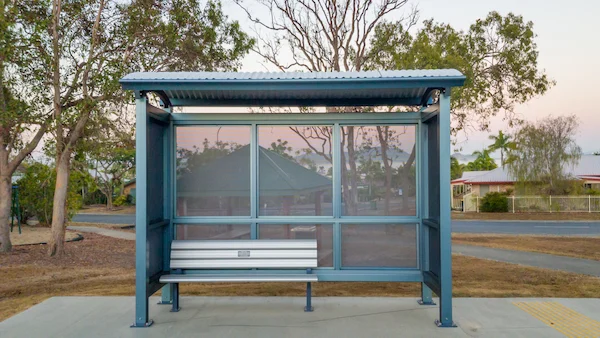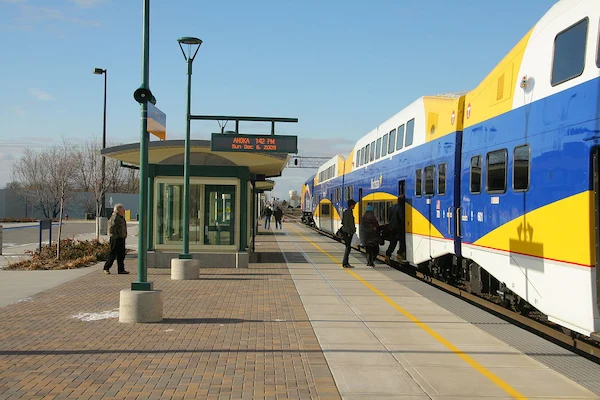Having just graduated from college this past week, one thing has struck me again and again in conversations with my graduating peers. When they talk about what they’ll miss about college after graduating, they reveal that they will miss the way of life on-campus – how there’s always something to do and there’s always people to be with. They’ll miss the community, the random hangouts with friends new and old, and how activities are always within reach. What has made this time so meaningful for many of us is that it’s our first experience living in a walkable, mixed-use environment. But instead of viewing walkable cities as a reality which can be replicated, the college experience and tangibility of the walkable city are dismissed as joys which must be cast off upon entering the ‘real world’. The joy from college was fake or conjured, and now it’s time to become an adult and leave those things behind. To many, this is the last time they will live in a walkable community. But to my graduating class and to those who are well past their college years, I have to ask– don’t you miss that time? Weren’t those aspects of community the source of fond memories? Did not the campus shape your way of life? We do not have to relegate these experiences to memory, instead allow yourself to view a walkable community as a viable way of everyday life and a reality which you yourself can enable.
While previous generations have memories of growing up in walkable areas, my peers typically have no such recollections or experiences. My mom tells me of the particular bench she and her friends claimed on their Main Street and my dad tells me of how he walked himself to school and then soccer, but I have grown up with nothing of the sort, instead experiencing the world from the backseat of a car as my parents and friend’s parents talked carpool schedules. Thus, I believe the issue is a lack of imagination; not in the sense that my peers and I are small-minded, but in that we have rarely seen such places, much less been encouraged to pursue them. The only thing that has awoken and fed this desire in me is what I have read and watched in popular media, often that which showed an older America. Shows like Stranger Things, The Goonies, and The Notebook all show young kids enjoying their independence from a young age and experiencing community in their hometown.
Apart from old movies, the only format that walkable cities seem to be deemed kosher is the college campus and the summer vacation. This perpetuates the widely accepted notion in America that walkable cities are untenable for one reason or another. My peers call our campus a ‘bubble’ – fake, implausible, conjured, not an actual way of living – and in doing so disqualify their most memorable years to date. Vacation destinations and special trips like the occasional bachelorette trip to Charleston (walkable), a concert in D.C. (walkable), or a spring break trip to Siesta Key (walkable) are seen as something enjoyed on special occasions only, like the nice set of dishes you only bring out when guests are over. Why is there mental policing in my classmates that prods them toward the auto-dependent and isolating status quo and away from a reality which they have experienced and enjoyed?
Many people say, ‘That’s just how it is’, or ‘America just isn’t built that way’, but those answers fall flat to me when I have experienced walkable communities in a variety of settings. These places are pleasures to live in, not just something to make the best of for a little while.
I have greatly enjoyed my college experience, especially that of living on campus, and while graduating college and ‘commencement’ into adulthood is exciting, I don’t plan on dismissing what I have loved about campus life as unrealistic or acquiescing to the so-called ‘real world’. I’m becoming a leader for my Strong Towns Local Conversation, and I will continue to see my community as something which I can shape both for myself and the friends I’ve made these past years. Until my home realizes its full walkable potential, I will keep pulling back the curtain for my peers and advocating for what they’ve enjoyed all along, even when they tell me it’s not the real world.
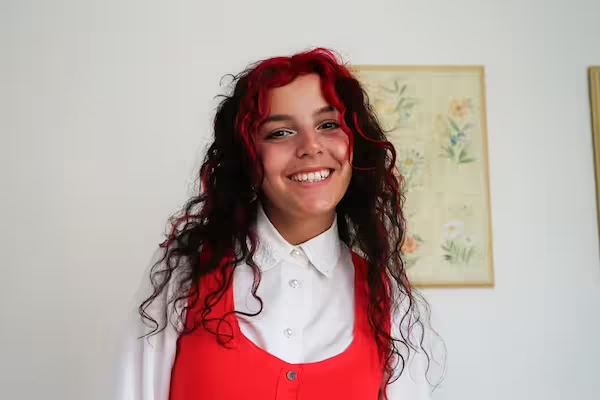
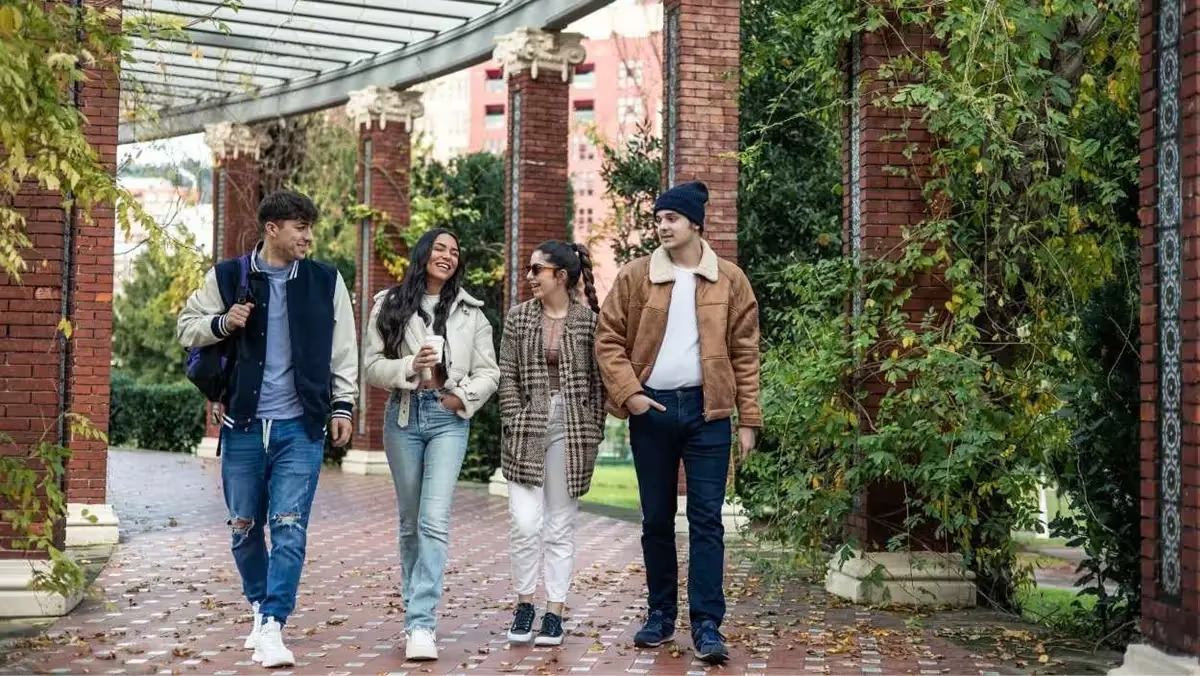
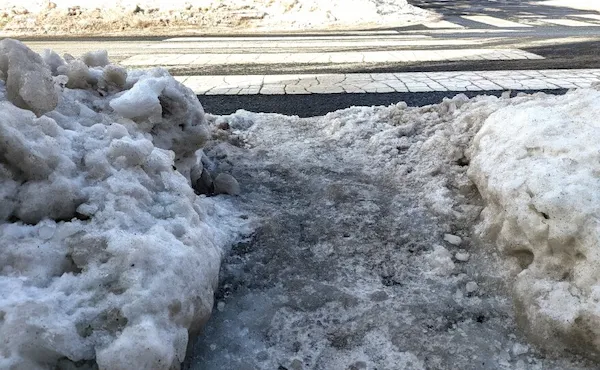
.webp)
